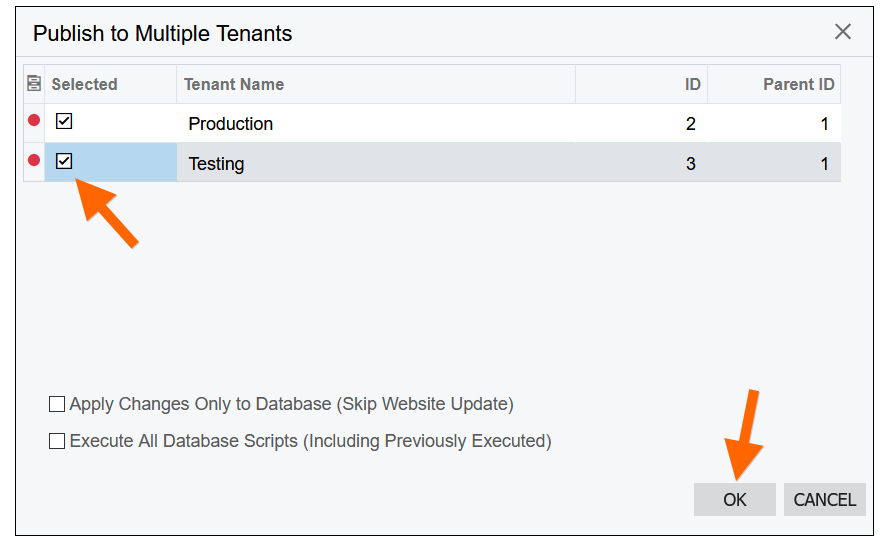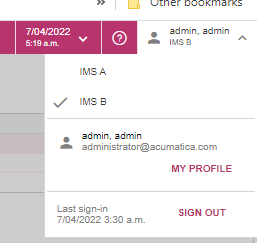I have published a customization project to one tenant (projecthas 3 custom forms and Sales Order Screen customized), and I select the Publish to Multiple Tenant Option and selected the tenant I wanted the customizations to be seen. The 3 custom forms are not seen as expected in my other tenant but the Sales Order Screen customizations are still visible. Any idea why this occurs?
Thanks.
Best answer by Naveen Boga
View original










